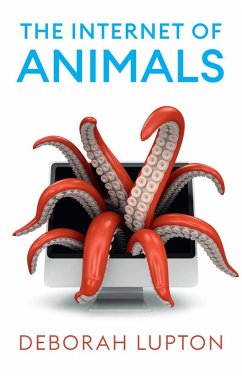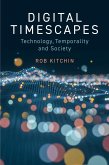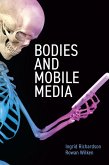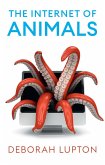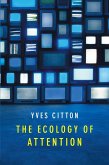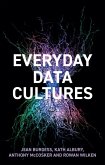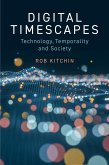'The internet is made of cats' is a half-jokingly made claim. Today, animals of all shapes and sizes inhabit our digital spaces, including companion animals, wildlife, feral animals and livestock.
In this book, Deborah Lupton explores how digital technologies and datafication are changing our relationships with other animals. Playfully building on the concept of 'The Internet of Things', she discusses the complex feelings that have developed between people and animals through the use of digital devices, from social media to employing animal-like robots as companions and carers. The book brings together a range of perspectives, including those of sociology, cultural geography, environmental humanities, critical animal studies and internet studies, to consider how these new digital technologies are contributing to major changes in human-animal relationships at both the micropolitical and macropolitical levels. As Lupton shows, while digital devices and media have strengthened people's relationships to other creatures, these technologies can also objectify animals as things for human entertainment, therapy or economic exploitation.
This original and engaging book will be of interest to scholars and students across the social sciences and humanities.
Hinweis: Dieser Artikel kann nur an eine deutsche Lieferadresse ausgeliefert werden.
In this book, Deborah Lupton explores how digital technologies and datafication are changing our relationships with other animals. Playfully building on the concept of 'The Internet of Things', she discusses the complex feelings that have developed between people and animals through the use of digital devices, from social media to employing animal-like robots as companions and carers. The book brings together a range of perspectives, including those of sociology, cultural geography, environmental humanities, critical animal studies and internet studies, to consider how these new digital technologies are contributing to major changes in human-animal relationships at both the micropolitical and macropolitical levels. As Lupton shows, while digital devices and media have strengthened people's relationships to other creatures, these technologies can also objectify animals as things for human entertainment, therapy or economic exploitation.
This original and engaging book will be of interest to scholars and students across the social sciences and humanities.
Dieser Download kann aus rechtlichen Gründen nur mit Rechnungsadresse in D ausgeliefert werden.
Hinweis: Dieser Artikel kann nur an eine deutsche Lieferadresse ausgeliefert werden.
'Deborah Lupton is a brilliant guide to animal-human-digital assemblages.'
Bill Adams, University of Cambridge
'Lupton takes us on a fascinating journey into the past and the future to help us grapple with our intimate relations with animals. We are confronted with how the digital mediates our emotional need to care for and control the creatures that we have come to see as extensions of ourselves.'
Payal Arora, Erasmus University, and author of The Next Billion Users
Bill Adams, University of Cambridge
'Lupton takes us on a fascinating journey into the past and the future to help us grapple with our intimate relations with animals. We are confronted with how the digital mediates our emotional need to care for and control the creatures that we have come to see as extensions of ourselves.'
Payal Arora, Erasmus University, and author of The Next Billion Users

